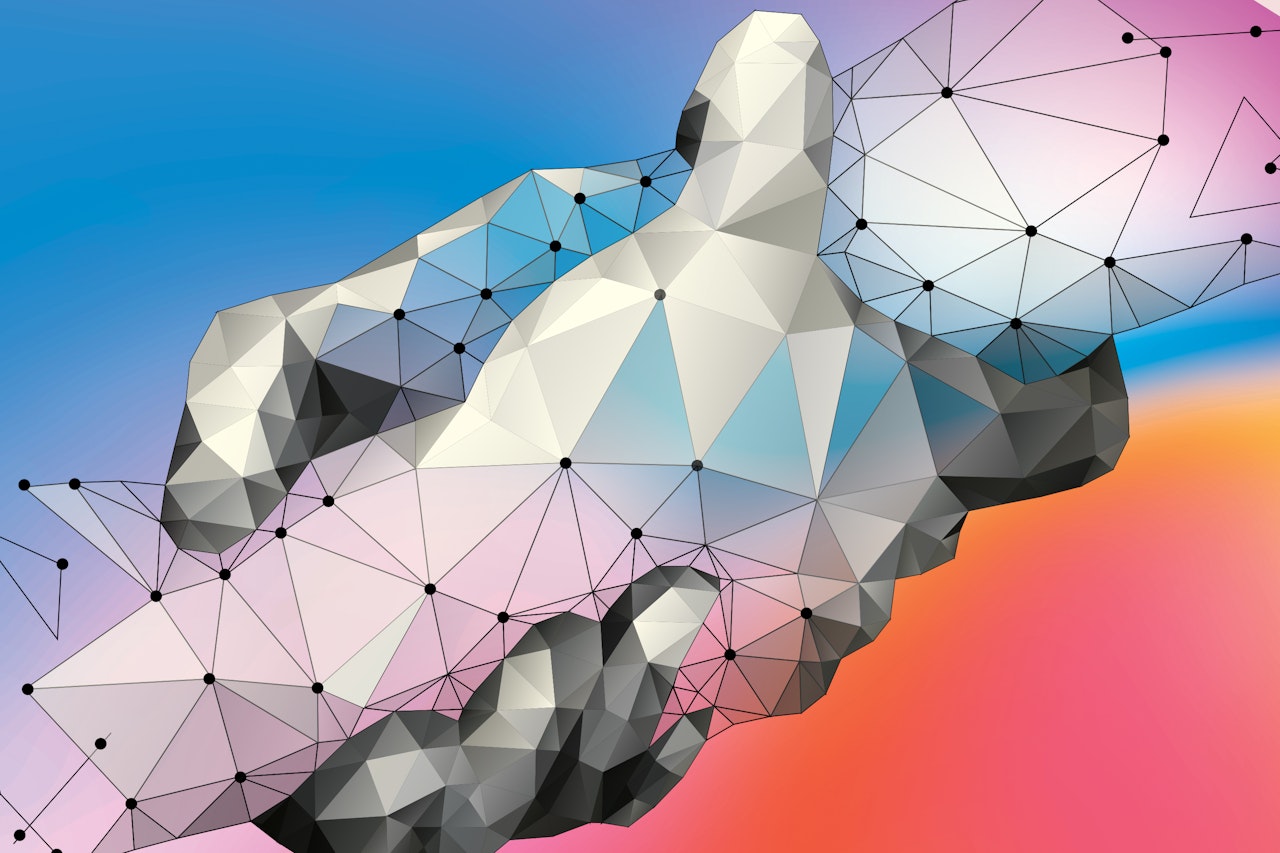COVID-19
University applies lessons learned from first wave
Bahá’í-inspired university in Bolivia draws on experiences from first wave of COVID-19 to support staff and students as academic year continues.

Bahá’í-inspired university in Bolivia draws on experiences from first wave of COVID-19 to support staff and students as academic year continues.

SANTA CRUZ, Bolivia — Despite the challenges facing all educational institutions, Nur University in Bolivia has been striving to cope with present circumstances and adapt quickly by drawing on lessons learned from the first wave of COVID-19.
The Bahá’í-inspired educational institution has found two aspects of the learning experience to be essential during this time. One is that students should be closely engaged and not left to themselves. Another is that thoughtful consideration should be given to identifying technologies suitable for present circumstances.
“All of the staff are being especially thoughtful—for instance, trying to call students and determine their needs, and recording every online class for those who could not connect to live online sessions,” says William Shoaie, the rector of the university.
A special committee has been formed to look after the needs of students, speaking with them about their situation and helping them find accommodations where needed. Professional resources for medical advice and counselling have also been made available.
Conscious use of technology
With the move to online study, the university has been consciously selecting technologies for its operations. Mr. Shoaie says, “We are mindful that introducing any technology has implications for processes and relationships, because each technology favors certain kinds of interaction and can have long-lasting effects.”
In the first semester, which began in March, some teachers offered recorded lectures to students and interacted with them through group messages. Although this made lessons easily accessible, the collective experience of students learning together was lost. Some students were less engaged than those in classes that were held through group video discussions.
In the vision of Nur, education entails much more than conveying information and knowledge. “A lot of the learning process is based on interaction among diverse students and faculty, which provides something that the content of a course alone does not. People who study by themselves can learn the same subject matter, but in terms of the underlying skills, attitudes, and moral and spiritual qualities that one needs in order to contribute more effectively to society, it is better to work and learn with many different people.
“So an important aspect of adapting has been to maintain as much interaction as possible among staff and students.”
An expanded understanding of education
Mr. Shoaie explains that although the pandemic has created many challenges, the university sees new possibilities for enhancing educational approaches. “We are not simply trying to replicate previous dynamics and patterns,” he explains, “but are being proactive in improving the educational experience in ways that we could not have imagined before.
“Because teachers and students have been open to discovering new modes of interaction through the use of certain technologies, learning is no longer confined to set hours or a place. For example, students communicate in messaging groups when they have questions; teachers and other students respond, providing supplementary materials. Our minds were structured around meeting in person, but now the dynamics are more organic. The teacher’s role is that of a facilitator rather than someone who stands in front of a class and conveys knowledge. We have had to reconceptualize some things, seeing the learning process as much more engaging and participatory than before.
A new vision by the students
One student named Romina reflects on the transition in the mode of education, saying: “Even though this situation with virtual classes has been difficult, we have been encouraged by the perseverance and care of the university to continue, and have been provided with the tools needed.”
A unique feature of Nur University’s approach is that it promotes service to society as a critical element in one’s life.
“The spirit of service that we develop at Nur University,” Romina continues, “has meant that we have not been passive during this crisis. Rather, we have been joining friends and others to help alleviate suffering.”
All the changes that Nur University is making this year are allowing it not only to be a place where people are being educated, but to continue to serve as a body of people acting collectively to improve the condition of their society.
Sassan, a final-year student, says, “You can feel that the university has a new spirit this year. You can see it in the conversations friends are having and their commitment to serving their fellow citizens with a greater sense of purpose.
“The pandemic has strengthened the identity of students at Nur University who, as part of their education, are learning to be attentive to the needs of their society, seeing each other through this difficult time.”
Established 38 years ago in Santa Cruz, Nur University has grown to become a significant center of education in Bolivia. The university offers a range of programs in the arts and sciences and emphasizes the development of moral capacities as an important aspect of all areas of study.